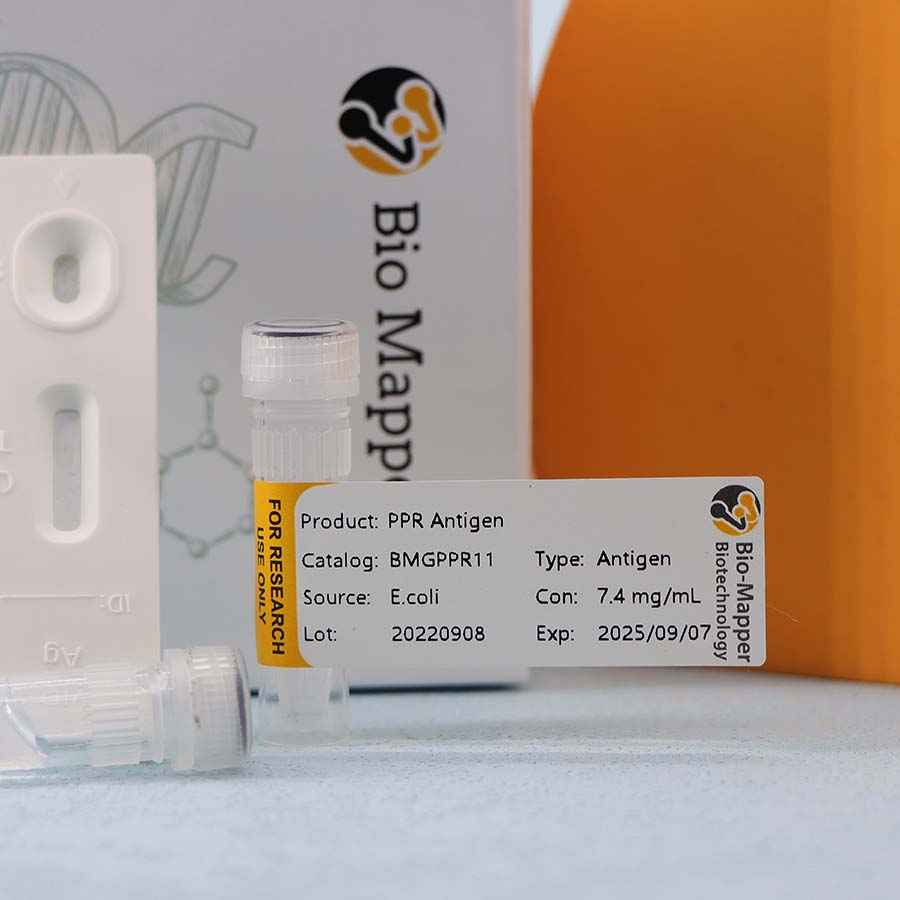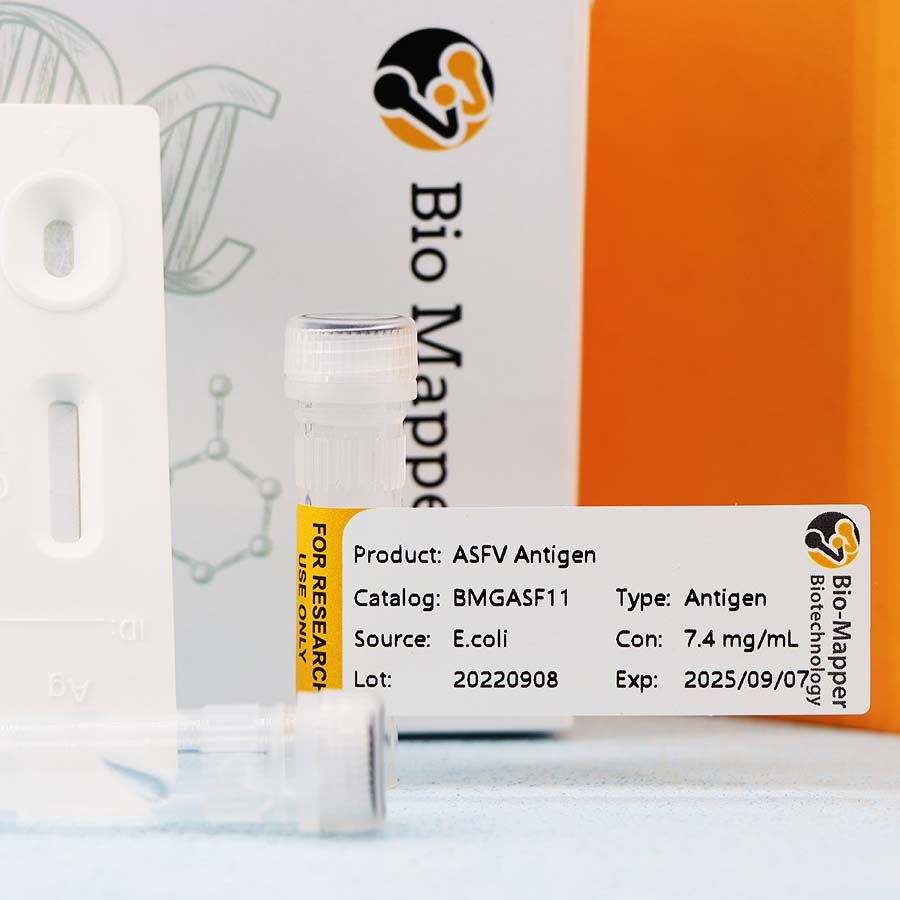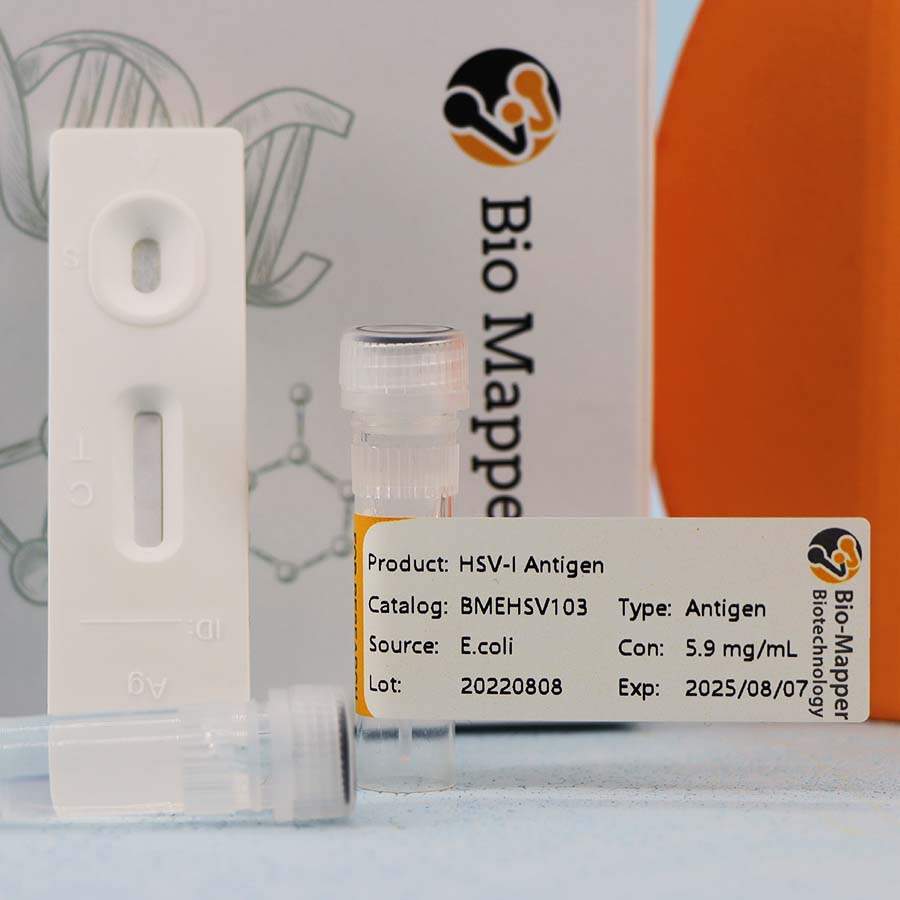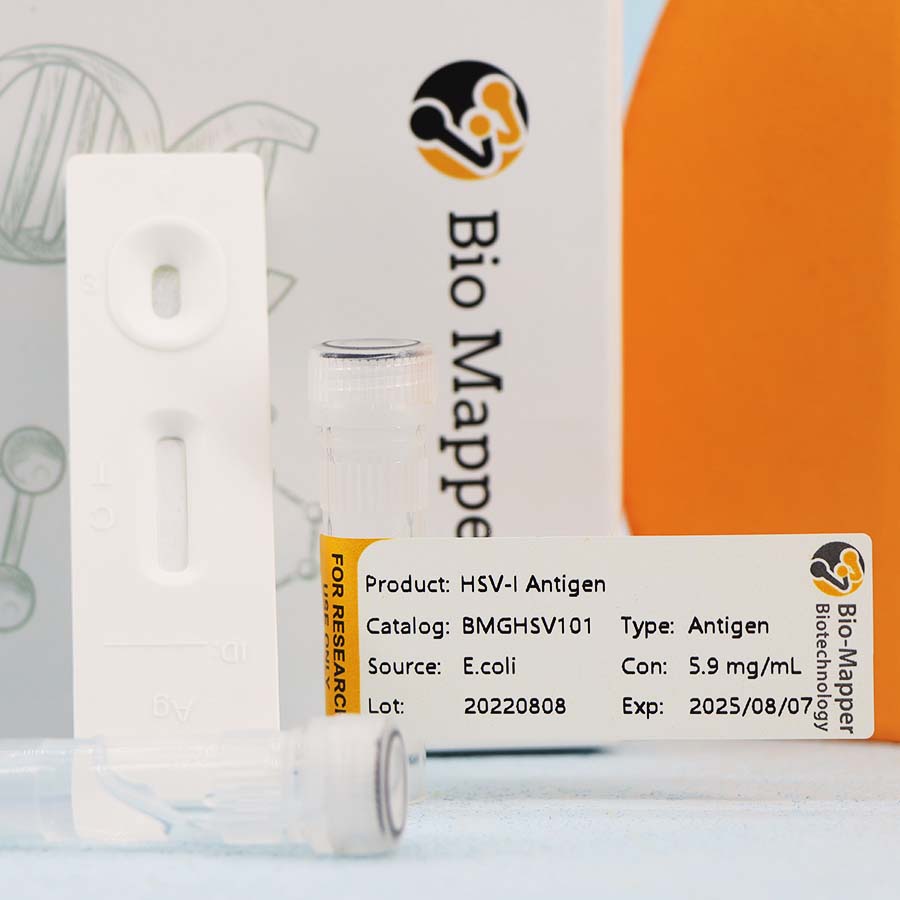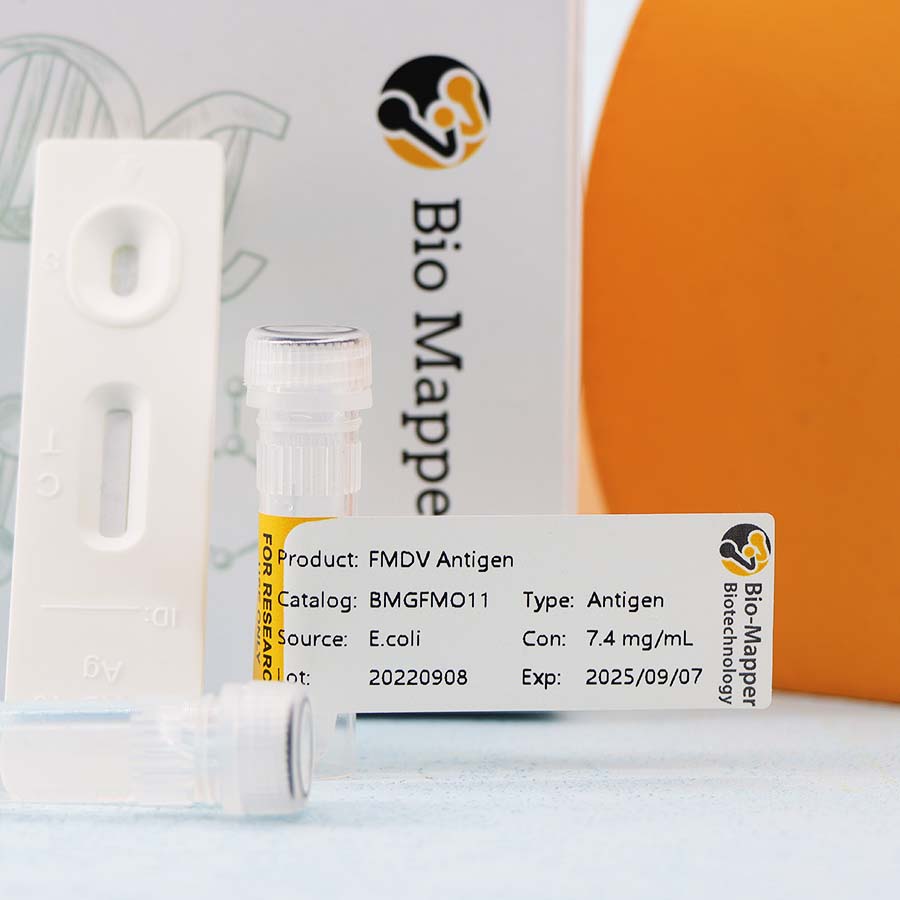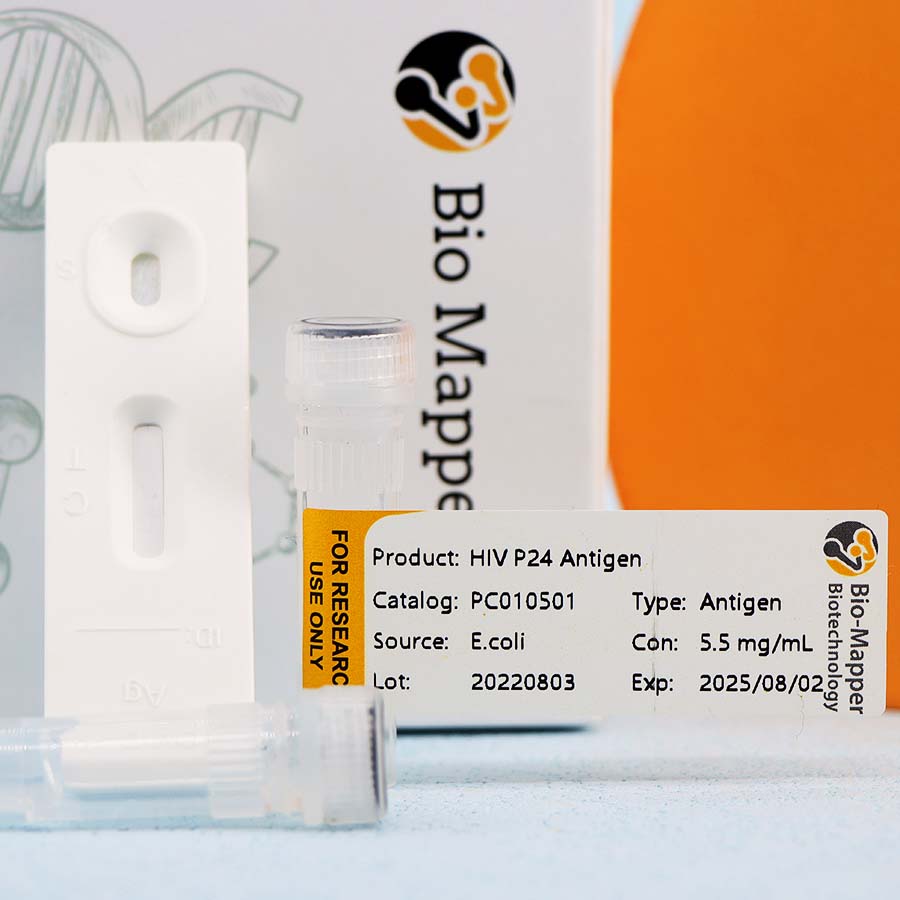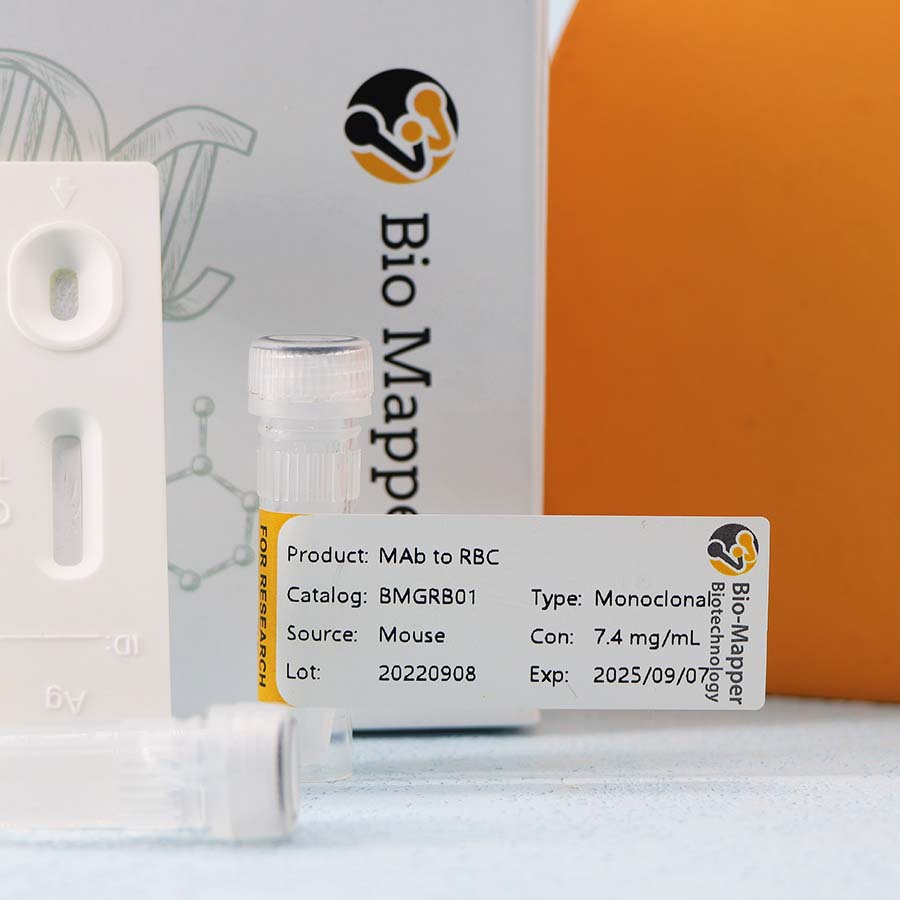Basic information
| Product Name | Catalog | Type | Host/Source | Usage | Applications | Epitope | COA |
| PPR Antigen | BMGPPR11 | Antigen | E.coli | Capture/Conjugation | LF, IFA, IB, ELISA, CMIA, WB | N | Download |
| PPR Antigen | BMGPPR12 | Antigen | E.coli | Conjugation | LF, IFA, IB, ELISA, CMIA, WB | N | Download |
Peste des petits ruminants, commonly known as sheep plague, also known as pseudorinderpest, pneumonitis, and stomatitis pneumonitis, is an acute viral infectious disease caused by the peste des petits ruminants virus, mainly infecting small ruminants, characterized by fever, stomatitis, diarrhea, and pneumonia.
The disease mainly infects small ruminants such as goats, sheep and American white-tailed deer, and is endemic to parts of west, central and Asia. In endemic areas, the disease occurs sporadically, and epidemics occur when susceptible animals increase. The disease is mainly transmitted through direct contact, and the secretions and excreta of sick animals are the source of infection, and sick sheep in the sub-clinical type are particularly dangerous. Artificially infected pigs do not show clinical symptoms, nor can they cause the spread of the disease, so pigs are meaningless in the epidemiology of the disease.
